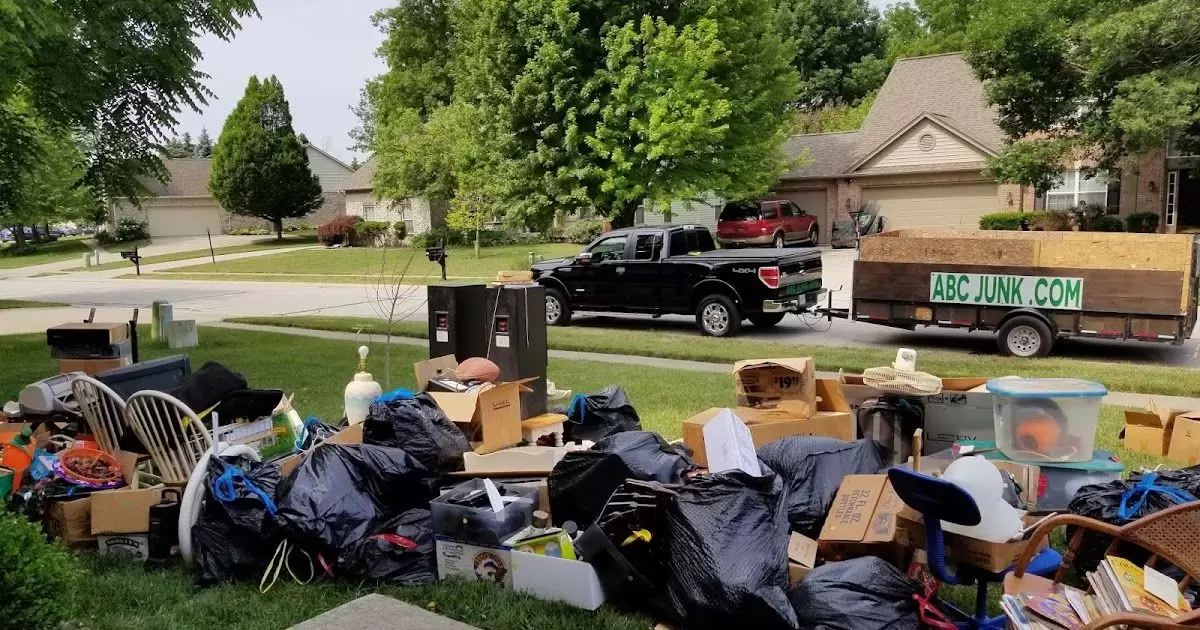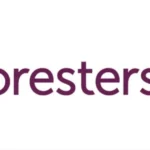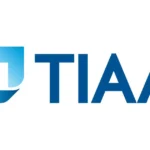Introduction
“Starting a junk removal business is a profitable venture that involves collecting and disposing of unwanted items.”
Starting a junk removal business can be a great way to make money while helping people clean up their spaces. This type of business involves collecting and disposing of unwanted items from homes, offices, and other places.
If you’re ready to start your own business, this guide will show you the steps you need to take. Follow the tips and advice to get your junk removal business up and running quickly.
Learn about the necessary equipment, marketing strategies, and legal requirements to ensure your business is successful. Let’s get started on your journey to becoming a successful junk removal business owner!
Market Research and Analysis

Before diving into the junk removal business, it’s crucial to conduct thorough market research. Understanding the demand for junk removal services in your area, identifying your target customers, and analyzing your competitors will help you make informed decisions.
Look into residential areas, commercial properties, construction sites, and industrial sectors as potential markets. Evaluate the services offered by existing junk removal companies and identify any gaps that your business can fill.
Effective market research will involve assessing the pricing strategies, service quality, and customer reviews of your competitors. Additionally, conducting surveys or focus groups can provide insights into what potential customers are looking for in a junk removal service.
This information will be invaluable in shaping your business plan and ensuring that your services meet the needs and expectations of your target market.
Creating a Business Plan
A well-crafted business plan is the foundation of any successful business. It outlines your business goals, strategies, and the steps needed to achieve them. Your business plan should include an executive summary, business description, market analysis, organization and management structure, service line, marketing and sales strategy, financial projections, and funding requirements.
The business plan will serve as a roadmap for your junk removal business, guiding you through the startup phase and helping you stay focused on your objectives. It will also be essential if you need to secure financing from investors or lenders, as it demonstrates your commitment to the business and your understanding of the market.
Regularly revisiting and updating your business plan will ensure that your business adapts to changing market conditions and continues to grow.
Legal Requirements and Permits
Starting a junk removal business requires complying with various legal requirements and obtaining necessary permits. These may include a business license, waste disposal permits, vehicle permits, and insurance coverage.
It’s essential to research the specific requirements in your area, as they can vary significantly depending on the location and scope of your business.
Consulting with a legal professional or a business advisor can help you navigate the regulatory landscape and ensure that your business operates within the law. Additionally, adhering to environmental regulations for waste disposal and recycling is crucial for maintaining a positive reputation and avoiding fines or penalties.
Properly managing these legal aspects will allow you to focus on running and growing your business without unnecessary interruptions.
Securing Financing
Securing adequate financing is a critical step in starting your junk removal business. Depending on the scale of your operations, initial costs can include purchasing or leasing vehicles, buying equipment, obtaining insurance, and covering marketing expenses.
Exploring various funding options such as personal savings, bank loans, investor funding, or small business grants will help you determine the best way to finance your startup.
Creating a detailed financial plan that outlines your projected income and expenses will not only guide your business decisions but also make it easier to secure funding.
Lenders and investors will want to see a clear plan for how their money will be used and when they can expect a return on their investment. Proper financial planning and management are essential for sustaining your business and achieving long-term growth.
Importance of Junk Removal Business
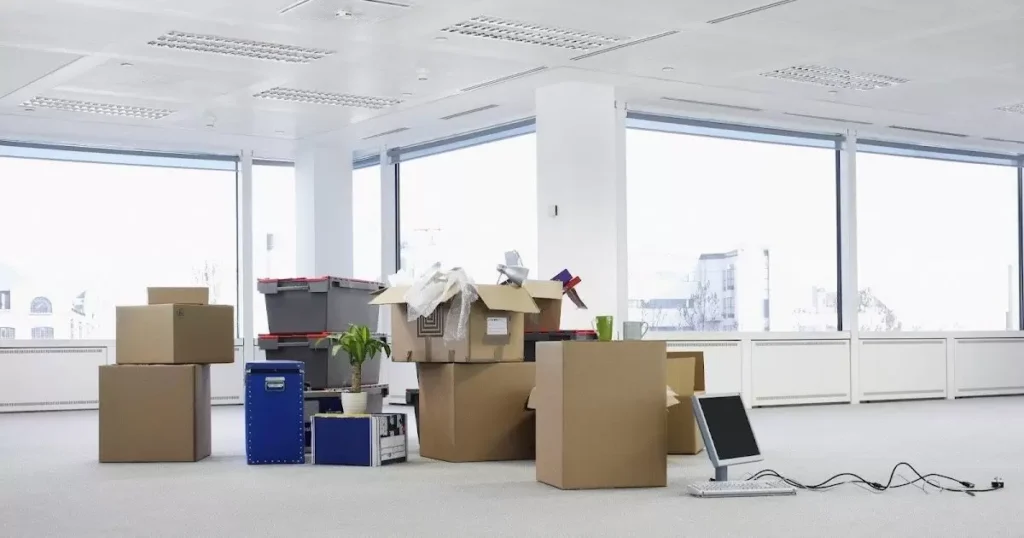
The junk removal business plays a significant role in promoting environmental sustainability and community cleanliness. By providing efficient waste removal services, you help reduce the amount of waste that ends up in landfills, promoting recycling and proper disposal methods.
This not only benefits the environment but also enhances the quality of life in the communities you serve.Moreover, the junk removal industry contributes to the economy by creating jobs and supporting other local businesses, such as recycling centers and donation organizations.
As more people become aware of the importance of responsible waste management, the demand for professional junk removal services continues to grow, making it a promising business opportunity for entrepreneurs.
Choosing the Right Equipment
Choosing the right equipment is crucial for the efficiency and safety of your junk removal business. The basic equipment you’ll need includes trucks or trailers, dollies, lifting straps, and protective gear.
Investing in reliable and durable equipment will ensure that you can handle a wide range of items, from small household goods to large pieces of furniture or construction debris.
Additionally, consider the specific needs of your target market when selecting equipment. For example, if you plan to service construction sites, you might need heavy-duty vehicles and tools capable of handling large amounts of debris.
Regularly maintaining and upgrading your equipment will keep your operations running smoothly and minimize downtime.
How Much Is a Business License in California?
Setting Up Your Business Operations
Setting up your business operations involves establishing an efficient workflow and organizational structure. This includes setting up an office, hiring staff, developing operational procedures, and investing in software for scheduling, invoicing, and customer management.
Clear and efficient operations will help you provide high-quality service and manage your business effectively.
Establishing strong communication channels with your team and clients is also essential. This can be achieved through regular meetings, using communication tools, and maintaining a customer-friendly website and contact system.
Efficient operations and strong communication will help you build a reliable and reputable junk removal business.
Developing a Pricing Strategy
Developing a pricing strategy is key to attracting and retaining customers while ensuring your business remains profitable. Research the pricing models used by competitors and consider factors such as labor, transportation, disposal fees, and profit margins.
You may choose to charge by volume, weight, or a flat fee depending on the nature of the job.Transparent pricing and clear communication with customers about costs will help build trust and prevent misunderstandings. Offering discounts for repeat customers, bulk removals, or referrals can also enhance your pricing strategy and encourage customer loyalty.
Regularly reviewing and adjusting your pricing strategy will keep your business competitive in the market.
Marketing Your Junk Removal Business
Effective marketing is essential for attracting clients to your junk removal business. Utilize a mix of traditional and digital marketing strategies to reach a broad audience. This can include advertising in local newspapers, distributing flyers, optimizing your website for search engines, and engaging on social media platforms.
Building a strong online presence through a professional website and active social media accounts can significantly enhance your visibility and credibility. Highlighting customer testimonials, providing valuable content about junk removal tips, and running promotions can attract potential customers and establish your brand as a trusted service provider in your area.
Hiring and Training Employees

Hiring and training employees is a critical component of scaling your junk removal business. Look for individuals who are reliable, physically fit, and have a strong work ethic. Conduct thorough background checks and provide comprehensive training to ensure they understand the procedures, safety protocols, and customer service standards.
Investing in employee training and development not only improves the quality of your service but also enhances employee satisfaction and retention. Encouraging a positive and supportive work environment will foster teamwork and motivate your employees to perform their best, contributing to the overall success of your business.
Building Customer Relationships
Building strong customer relationships is key to the success of your junk removal business. Providing excellent customer service, being responsive to inquiries, and following up after jobs can significantly enhance customer satisfaction and loyalty. Personal touches, such as thank-you notes or follow-up calls, can make a lasting impression on your clients.
Encouraging satisfied customers to leave positive reviews and testimonials online can help attract new clients. Additionally, offering referral discounts or loyalty programs can incentivize repeat business and word-of-mouth referrals. Maintaining a focus on customer satisfaction will set your business apart from competitors and contribute to long-term growth.
Implementing Safety Measures
Implementing safety measures is crucial in the junk removal business to protect both your employees and clients. Ensure that your team is trained in proper lifting techniques and the use of protective gear, such as gloves, helmets, and safety vests. Regular safety training sessions and adherence to OSHA guidelines can prevent accidents and injuries.
Establishing clear protocols for handling hazardous materials and ensuring that your equipment is well-maintained are also essential components of a safe work environment. By prioritizing safety, you not only safeguard your employees but also build a reputation as a responsible and reliable service provider.
Managing Waste Disposal
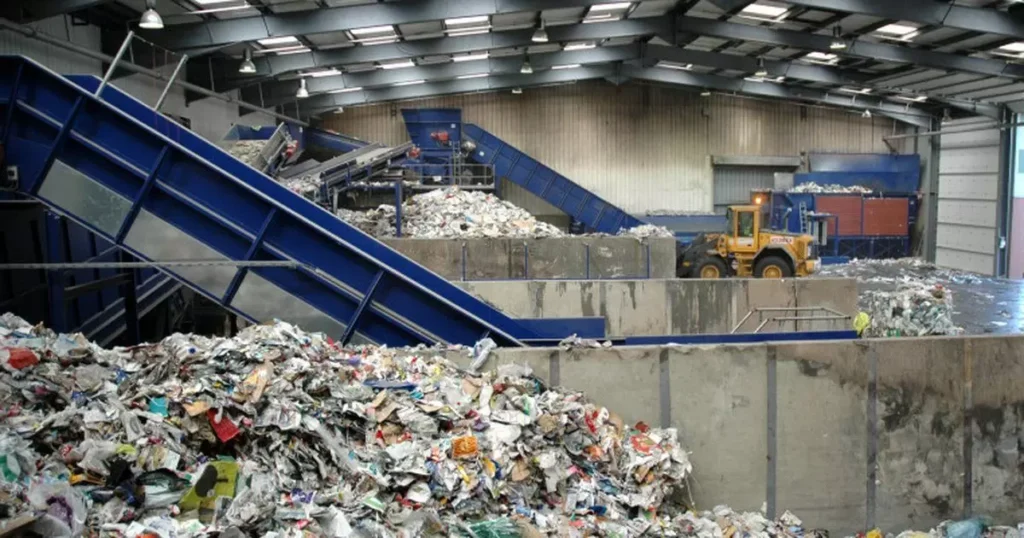
Managing waste disposal responsibly is a core aspect of a junk removal business. Partnering with local recycling centers, donation organizations, and waste disposal facilities can help you dispose of items in an environmentally friendly manner. Sorting items for recycling, donation, and disposal ensures that you minimize the amount of waste sent to landfills.
Educating your clients about your commitment to responsible waste management can enhance your reputation and attract environmentally conscious customers. Proper documentation of waste disposal and adherence to local regulations will also prevent legal issues and contribute to the sustainability of your business.
Tracking Business Performance
Tracking business performance is essential for understanding your progress and identifying areas for improvement. Implementing a system to monitor key performance indicators (KPIs) such as revenue, expenses, customer satisfaction, and job completion rates can provide valuable insights into your business operations.
Regularly reviewing your performance metrics and adjusting your strategies based on the data will help you make informed decisions and stay competitive in the market. Utilizing software tools for tracking and reporting can streamline this process and provide you with real-time information about your business performance.
Expanding Your Junk Removal Business
Once your junk removal business is established, consider strategies for expansion to increase your market reach and profitability. This could involve adding new services such as recycling, donation pickup, or specialized removal services for construction or hazardous materials. Expanding your service area to cover neighboring towns or cities can also drive growth.
Investing in marketing, upgrading your equipment, and hiring additional staff are crucial steps in scaling your business. Exploring partnerships with real estate agents, property managers, and construction companies can open up new opportunities. Strategic expansion will help you build a larger client base and increase your business’s overall revenue.
Additional Tips
- Network with Local Businesses: Form partnerships with real estate agents, property managers, and construction companies.
- Offer Excellent Customer Service: Respond promptly to inquiries and provide clear communication throughout the job.
- Invest in Technology: Use software for scheduling, invoicing, and tracking to streamline operations.
- Maintain a Strong Online Presence: Keep your website and social media updated with engaging content and customer testimonials.
- Encourage Customer Feedback: Use feedback to improve your services and address any issues promptly.
- Stay Updated on Industry Trends: Keep informed about new regulations, technologies, and best practices in the junk removal industry.
- Attend Industry Events: Participate in trade shows and networking events to learn and grow your business.
- Implement Green Practices: Focus on recycling and donating items to reduce environmental impact.
- Offer Flexible Scheduling: Provide options for same-day or next-day service to accommodate clients’ needs.
- Monitor Competitors: Keep an eye on what your competitors are doing and find ways to differentiate your services.
Pros and Cons Table
| Pros | Cons |
| High demand for services | Physical labor can be demanding |
| Relatively low startup costs | Requires knowledge of local regulations |
| Potential for environmental impact | Seasonal fluctuations in business |
| Opportunities for business expansion | Competition from other junk removal companies |
| Ability to set your own schedule | Managing disposal and recycling logistics |
Answers to Key Questions.
What are the initial costs to start a junk removal business?
A. The initial costs can vary, but generally, you will need to invest in a truck or trailer, necessary equipment (such as dollies and protective gear), insurance, permits, and marketing. Depending on whether you buy new or used equipment, initial costs can range from $10,000 to $50,000.
How can I market my junk removal business effectively?
A. Effective marketing strategies include creating a professional website, optimizing it for search engines, engaging with customers on social media, advertising in local newspapers, distributing flyers, and encouraging satisfied customers to leave reviews online.
What kind of insurance do I need for a junk removal business?
A. You will need general liability insurance to cover potential property damage or injuries, vehicle insurance for your trucks, and worker’s compensation insurance if you have employees. It’s essential to consult with an insurance agent to ensure you have adequate coverage.
How can I ensure responsible waste disposal?
A. Partnering with local recycling centers, donation organizations, and waste disposal facilities can help you dispose of items responsibly. Sorting items for recycling, donation, and disposal minimizes landfill waste. Adhering to local regulations for hazardous materials is also crucial.
Is a junk removal business profitable?
A. Yes, a junk removal business can be profitable, especially with effective market research, a solid business plan, and a focus on customer service. Profitability depends on factors such as pricing strategy, operational efficiency, and market demand. Many successful junk removal businesses report high profit margins due to low operational costs and high demand.
What license do I need to start a junk removal business in Texas?
A. To start a junk removal business in Texas, you need a general business license from your local city or county government. Additionally, you may need a waste hauler permit for transporting waste to landfills and a commercial driver’s license (CDL)
Conclusion
Starting a junk removal business is a promising venture with significant growth potential and a positive impact on the environment and community. By conducting thorough market research, creating a solid business plan, and adhering to legal requirements, you can set the foundation for a successful operation.
Prioritizing customer service, safety, and responsible waste management will enhance your reputation and drive business growth. With the right strategies and a commitment to excellence, your junk removal business can thrive in this dynamic and rewarding industry.

Hi, I’m Amaliyah-Richard! I’m a dedicated author at Skyvoxes. I hold a Bachelor’s degree in Business, and I love writing about all things business. My aim is to make complex business topics easy to understand and accessible for everyone. Whether you’re a seasoned professional or just starting out, I hope my articles provide you with valuable insights and practical advice.
